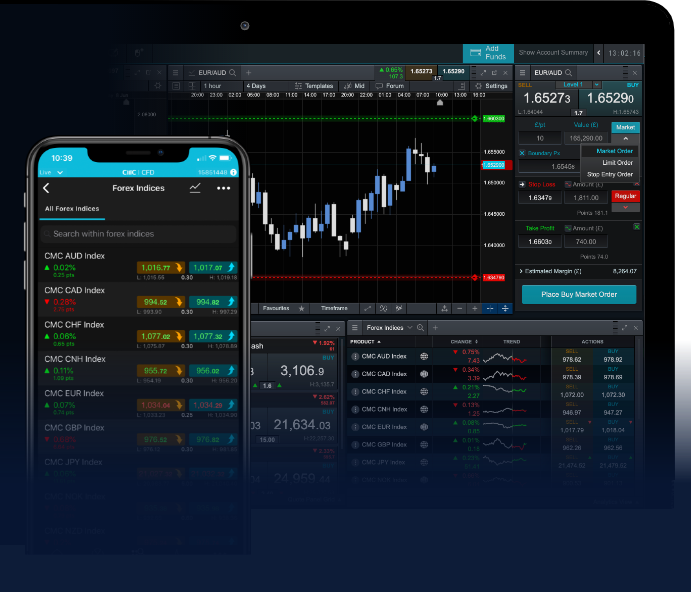
Understanding Forex Trading Time Zones: A Comprehensive Guide
The foreign exchange market operates 24 hours a day, five days a week, thanks to global trading sessions that span across different time zones. Understanding how forex trading time zones Uganda Brokers operate within these time zones is crucial for any trader aiming to optimize their strategies and performance in the forex market.
The Global Forex Market Structure
The forex market is divided into major trading sessions based on geographical regions. The market operates around the clock, with financial centers in major cities catering to different time zones and demands of traders. The four primary trading sessions are:
- Tokyo Session: This session starts at 00:00 GMT and lasts until 09:00 GMT.
- London Session: Beginning at 08:00 GMT and ending at 17:00 GMT, this is often considered the most active trading session.
- New York Session: Opening at 13:00 GMT and closing at 22:00 GMT, this session sees a lot of activity, particularly when overlapping with the London session.
- Sidney Session: This session starts at 22:00 GMT and continues until 00:00 GMT, acting as a bridge between the trading days.

Importance of Time Zones in Forex Trading
Understanding trading time zones is essential for effective forex trading for several reasons:
- Market Liquidity: Different time zones influence market liquidity. The overlap between two major sessions, primarily the London and New York session, results in higher trading volume and volatility, which often presents profitable trading opportunities.
- Price Movements: Certain news releases and economic events are scheduled according to local time, therefore timing your trades based on those events can significantly impact price movements. For example, knowing when the U.S. Non-Farm Payroll data is released can benefit traders oriented around the New York session.
- Trading Strategies: Time zones affect trading strategies. Day traders often focus on opening and closing sessions, while swing traders may take advantage of price movements that happen overnight in less active periods.
Choosing the Right Time to Trade
Choosing the best time to trade forex ultimately depends on your trading style and strategy:
- Day Trading: If you’re looking to maximize profits from short-term trades, then the London and New York overlap is ideal.
- Scalping: This requires entering and exiting trades quickly. This strategy is best executed when liquidity is at its highest – during the peak hours of the London and New York sessions.
- Position Trading: Investors focusing on longer-term trends might not be as concerned with time zones, but being aware of market hours can help them avoid volatile periods.
Strategic Considerations based on Time Zone Awareness

Having an essential understanding of time zones can greatly influence your trading outcomes. Here are some strategic considerations:
- Emerging Markets: If you’re trading in USD against currencies of countries in other time zones, keep an eye on their operating hours and major news events.
- Currency Pairs: Different pairs are influenced by specific sessions. For example, currency pairs that include the AUD are more active during the Sydney session.
- Trade Planning: Plan your trades accordingly to capitalize on periods of anticipated volatility or inactivity based on the time zone.
Best Practices for Trading Across Time Zones
Here are a few best practices when trading across various time zones:
- Maintain a Trading Journal: Keep track of your trades along with the time zones you were trading in, as it can provide insights into the best times for your strategy.
- Use a Forex Trading Clock: Staying aware of session times can help in making informed trading decisions.
- Stay Updated on Global Events: Economic calendars provide valuable insights into scheduled news events and releases that can occur during the different sessions.
- Be Flexible: As a trader, be prepared to adjust your trading times and strategies based on the changing dynamics of the market.
Conclusion
In the fast-paced world of forex trading, understanding trading time zones is not just advantageous but essential for success. By being aware of market hours, liquidity, and news events specific to different time zones, traders can enhance their decision-making processes. Whether you are leveraging broker services like Uganda Brokers or executing your trades manually, time zone awareness should play a pivotal role in your trading strategy.